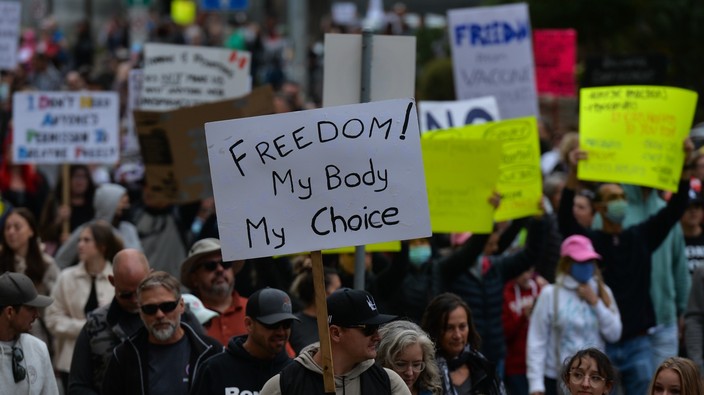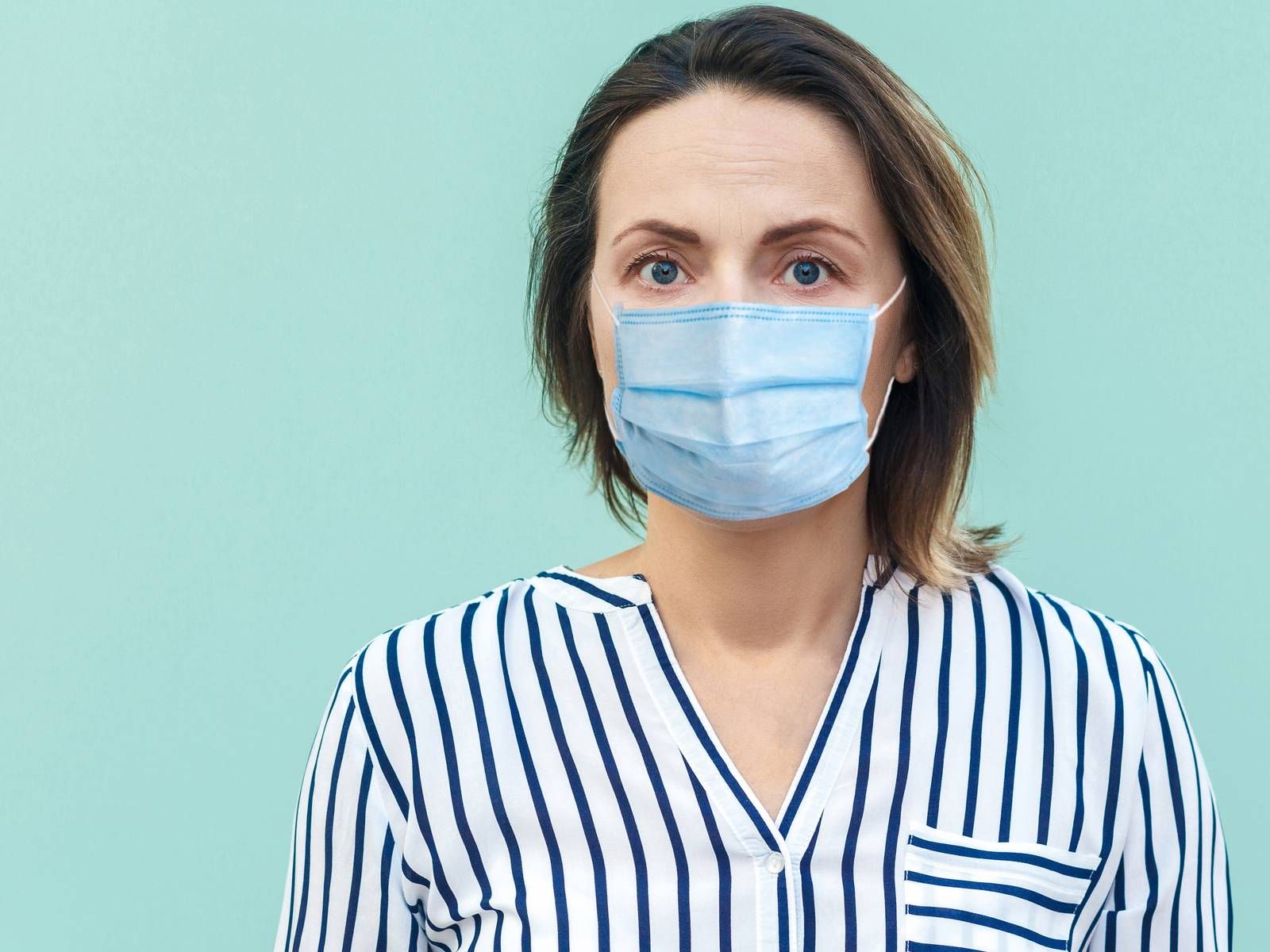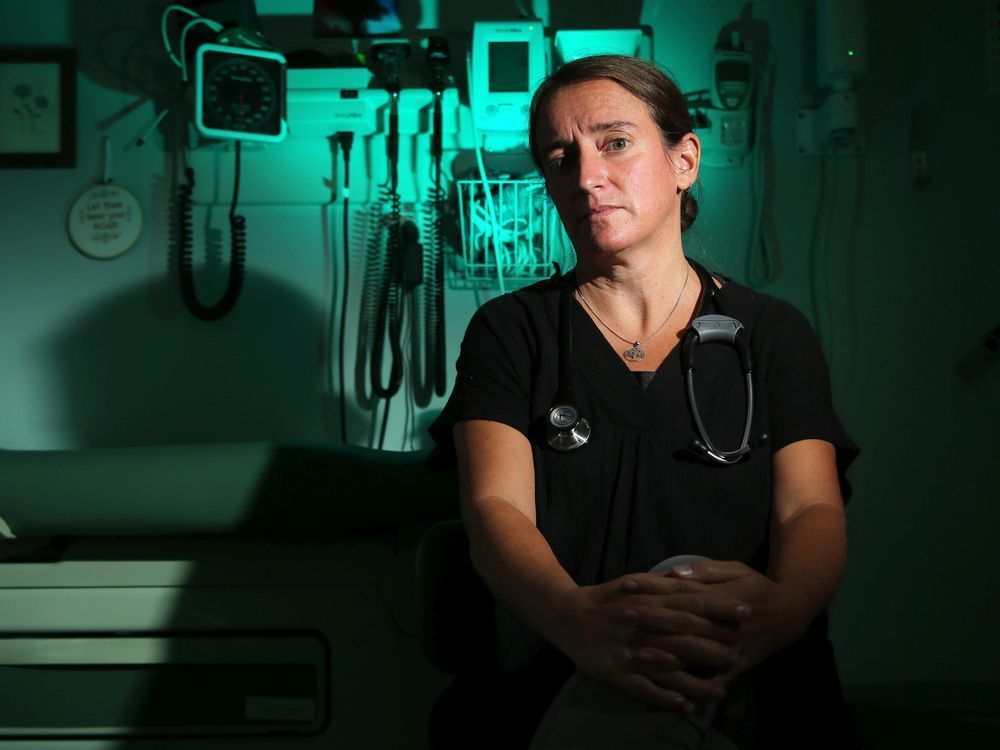many of these people were young and male: men, especially those between the ages of 18 and 34, were more likely to be unvaccinated than women. twelve per cent of young men in that age group said they will continue to refuse the vaccine.in talking to the canadians who haven’t received even a single dose, the poll found that 84 per cent of that population said their immune system could easily fight a covid infection, with 90 per cent saying the risks of covid are understated.that’s a common attitude, especially from young people who are relatively healthy, infectious diseases specialist dr. susy hota of toronto’s university health network
previously told healthing — but it’s also inaccurate.
“a lot of people remember the messages from the early stages of the pandemic, where the vast majority of individuals getting really sick and dying from covid-19 were older canadians, people in long-term care,” hota said. “at the beginning, the whole thing was a lot scarier to people, and everyone was paying more attention. so that thought, that ‘this is a disease that only affects older people,’ is burned into many people’s brains.”
by the pandemic’s third wave, though, a notably different age group started making up the bulk of new cases and hospitalizations: people in their 20s, 30s and 40s.
when asked about the main reasons they’ve refused the vaccine, the poll’s most common answers — both considered a major reason by 58 per cent of respondents — were personal freedom and health concerns; 34 per cent said they didn’t consider covid to be a serious threat to their health.
people with university degrees were more likely to be vaccinated than those who stopped their education right after high school. but one surprise was the stat about household income: while education level might suggest that lower-income people were more likely to refuse the vaccine, the highest percentage of canadians who said they would definitely not get vaccinated were people with a household income between $150,000 and $200,000.
 4 minute read
4 minute read













